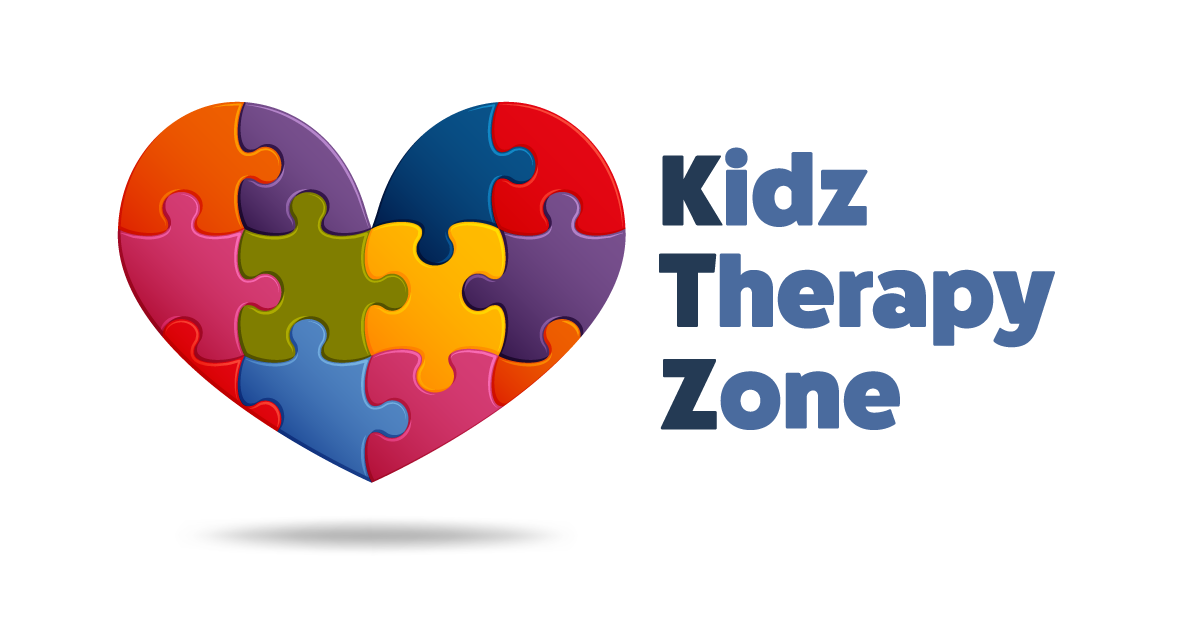- No waiting room policy – Patients can be dropped off at the front of the office, where their therapist will greet the patient and guide them to their work area.
- All patients must wash hands before and after their scheduled sessions.
- All high touch areas and materials used during the session are disinfected prior to the next scheduled session.
- The KTZ Team is practicing ‘Social Distancing’ from each other and as much as reasonably possible from persons in places in which we work.
- We are wearing masks to prevent infection and providing hand sanitizer in all rooms and exits.
SYMPTOMS
The following general symptoms may appear 2-14 days after exposure:-
- Fever (100.4°F/38°C or higher)
- Cough
- Shortness of breath
-
- Fever
- Cough
- Nasal congestion or rhinorrhea
- Sore throat
- Shortness of breath
- Diarrhea
- Nausea or vomiting
- Fatigue
- Headache
- Myalgia
- Poor feeding or poor appetite
-
- Difficulty breathing or shortness of breath
- Persistent pain or pressure in the chest
- New confusion or inability to arouse
- Bluish lips or face
HOW DO I PREVENT AND PREPARE FOR COVID-19?
There is currently no vaccine to prevent coronavirus disease 2019 (COVID-19). The best way to prevent illness is to avoid being exposed to the virus (and avoid exposing other people).
Here are the Florida Health department recommendations on how (https://floridahealthcovid19.gov/prevention/):
-
- Practice Social Distancing
- If you are around other people, keep 6 feet between you when possible. Avoid hugs, handshakes, large gatherings and close quarters.
- Clean Your Hands Often
- Wash your hands frequently with soap and water for at least 20 seconds. Or use a hand sanitizer with at least 60% alcohol.
- Clean your hands especially after you have been in a public place, or after blowing your nose, coughing or sneezing.
- Avoid Touching Eyes, Nose and Mouth
- Hands touch many surfaces and can pick up viruses, once contaminated, you can transfer the virus to your eyes, nose or mouth.
- Cover Coughs and Sneezes
- Cover your mouth and nose with a tissue when you cough or sneeze or use the inside of your elbow. Throw used tissues in the trash.
- Clean and Disinfect “High-Touch” Surfaces
- Clean AND disinfect frequently touched surfaces daily. This includes tables, doorknobs, light switches, countertops, handles, desks, phones, keyboards, toilets, faucets, and sinks.
- Practice Social Distancing
WHAT DO I DO IF I THINK I WAS EXPOSED TO CORONAVIRUS?
- Watch for symptoms
-
- People with COVID-19 have reported a wide range of symptoms — ranging from mild to severe. Symptoms may appear 2-14 days after exposure to the virus.
- Use the CDC’s self-checker to help make decisions and seek appropriate medical care regarding COVID-19.
- You may have COVID-19 if you have symptoms or combinations of symptoms as identified by the CDC or FDH.
- Children have similar symptoms to adults and generally have mild illness.
- This list is not all inclusive. Talk to your healthcare provider about any other symptoms that are severe or concerning to you.
-
- Call Before You Go
-
- Contact your health care provider or your County Health Department if you think you have been exposed to COVID-19 and develop a fever and symptoms, such as cough or difficulty breathing.
- Tell them about your symptoms and your exposure. They will decide whether you need to be tested.
- Consult your health care provider for any other symptoms that are severe or concerning.
-
WHAT DO I DO IF I AM SICK?
If you think you may have been exposed to COVID-19 and show symptoms, contact your healthcare provider or County Health Department immediately. There is no specific antiviral treatment recommended for COVID-19. (https://floridahealthcovid19.gov/treatment/)
For more information regarding what to do if you are sick, you can also learn more by reviewing the CDC “What to do if you are sick” guidelines.
If you are sick with a fever (100.4°F/38°C or higher) or cough, have trouble breathing, or suspect you have COVID-19, here’s how to help prevent the disease from spreading to people in your home and community.
-
- Self-Isolate At Home
- If you’re mildly ill with COVID-19, isolate at home during the illness. You should restrict activities outside your home, except for getting medical care.
- Do not go to work, school or public areas. Avoid using public transportation, ride-sharing, or taxis.
- Stay Away From Others
- As much as possible, stay in a specific room and away from other people in your home. Use a separate bathroom, if available.
- Avoid all contact with pets and other animals while you are sick with COVID-19, just like you would around other people.
- Why? Although there have not been reports of pets or other animals becoming sick with COVID-19, it is still recommended that people sick with COVID-19 limit contact with animals until more information is known about the virus. If you must care for your pet or be around animals while you are sick, wash your hands before and after you interact with pets and wear a facemask.
- Wear a Face mask If You Are Sick
- If you are sick, wear a face mask around other people.
- Why? When someone coughs or sneezes, they spray small liquid droplets from their nose or mouth, which may contain the virus. If you are not able to wear a face mask (for example, because it causes trouble breathing), then cover your coughs and sneezes. People caring for you should wear a face mask around you.
- Self-Isolate At Home
